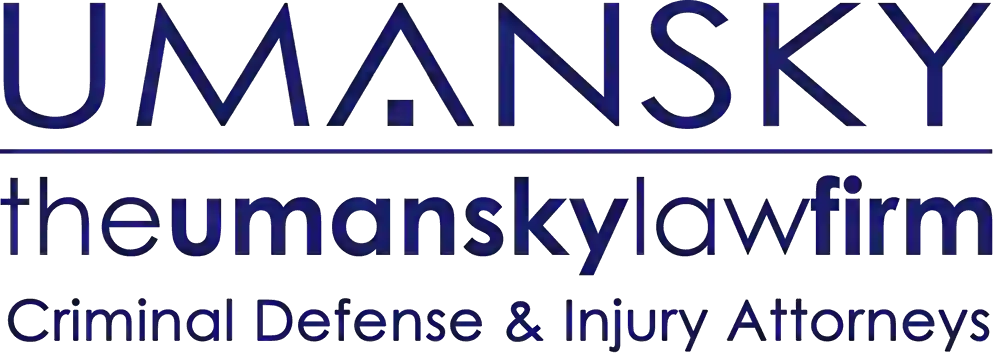Do you have a felony conviction or a plea to a no contest of domestic violence in the State of Florida? Have you tried to expunge your records and been told by a lawyer that you can’t do anything about it because you were convicted? If you are trying to get your life back, and potentially get a firearm to protect you and your family, clemency and a pardon in Florida may be the option for you. You may have lots of questions, so we have prepared a list of some of the most common questions so you can see if this a good option for you. Also, you can read further about how clemency works.
You can get a full pardon, a pardon without firearm authority, a pardon for misdemeanor domestic violence, commutation of sentence, remission of find forfeitures, specific authority on, possess, or use firearms, and restoration of civil rights in Florida.
The best pardon you can get in the state of Florida is called a Full Pardon.
The governor has absolute discretion to grant a full pardon, which unconditionally releases its citizens from punishment and forgives guilt for any convictions in the state of Florida. If you receive a full pardon, the state of Florida restores to you all rights of citizenship before your conviction, including your right to possess, use, own, or purchase firearms. The governor has absolute power to grant or deny a full pardon. As long as the governor has two members of the clemency board agree, the governor can deny, grant, or revoke a pardon or clemency.
A citizen or a domiciled Florida resident can apply for a pardon when he or she has finished all the terms of sentence arising from their felony conviction(s) and the person has waited ten years since the sentence was completed. If you are applying for clemency or a pardon, you cannot have any pending criminal charges or outstanding warrants. You must not owe more than $100,000 in fines from any criminal traffic or misdemeanor conviction. You must pay any and all outstanding restitution even if decided to a civil judgment before you can apply.
You can go online and search for the Office of Executive Clemency where you can download the application.
You’ll need to get a certified copy of the charging instrument including indictment information or warrant with supporting affidavits for each and every felony conviction; or misdemeanor conviction if you were seeking a pardon for a misdemeanor. You must also include a certified copy of a judgment and sentence for each felony or misdemeanor adjudication if seeking a pardon for that misdemeanor. Your documents may include an order of probation or community control for each felony conviction, felony charge for adjudication of guilt withheld, or misdemeanor conviction or charge.
If you want to put a good foot before the clemency board, you should include letters of character, personal statement, a résumé, a full disclosure of your criminal history, client testimonials, and any other documentation or attestation such as rewards or reviews that put you in a good light in front of the clemency board.
When you file your application for clemency, the Florida Commission on Offender Review will accept the application and assign an Executive Clemency number once the documents appear to be in order. Once an investigation is done by the Commission, they will make a report and recommendation to the Clemency Board. If the Commission on Offender Review believes an application should be granted, the applicant’s case may be placed on an agenda in front of the clemency board only after a full investigation is completed by the Florida Commission on Offender Review.
A clemency lawyer can definitely help you make sure that you have all of the appropriate documentation that the Commission on Offender Review will require. A good attorney will be able to assist you to collect the certified documents needed above, craft your personal statement, review your letters of character reference, and put together a complete application and report that puts you in the most positive light possible to the Florida Clemency Board. Further, a clemency lawyer will draft an advocacy letter and prepare you for the hearing, if one is needed to get a full pardon. At the Umansky Law Firm, we will help you each step of the way by making sure you are putting together the most compelling reason to get your life back on track, carry a firearm, and be officially forgiven by the State of Florida so you can clear your good name.
The Umansky Law Firm Criminal Defense & Injury Attorneys
